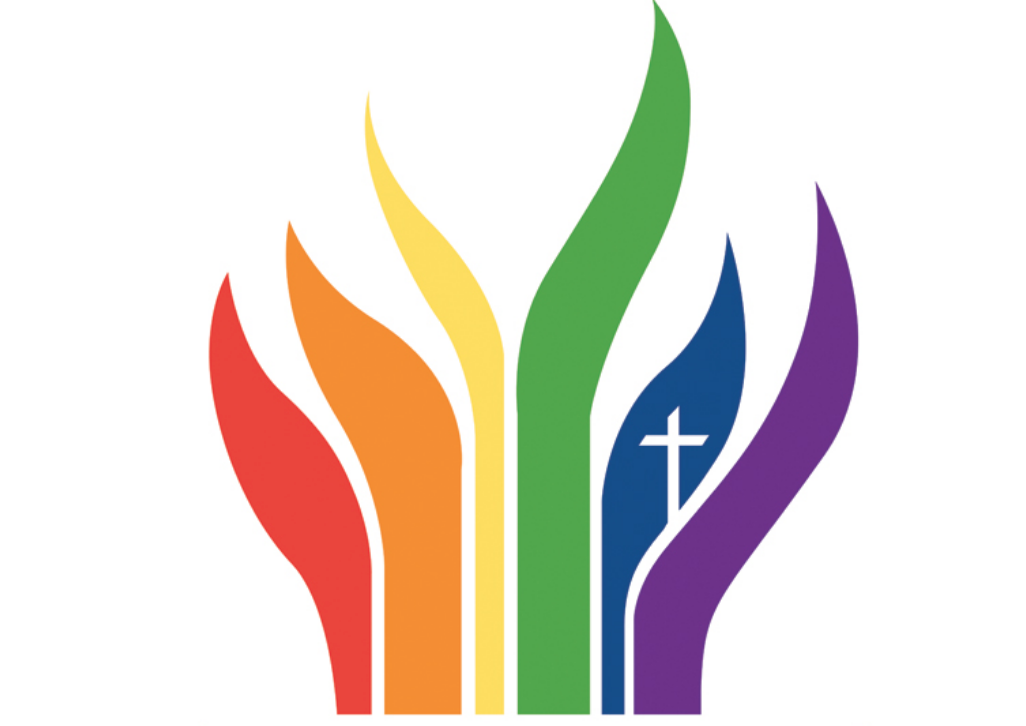When you think of St. Patrick’s Day, what leaps to mind?
Maybe I should ask the question like this: When you think about mainstream-press news coverage of St. Patrick’s Day, what leaps to mind?
Green beer? Corned beef and cabbage (during Lent)?
Great masses of people — primarily in big cities in the Acela Zone and the Rustbelt — going more than a little crazy? Politicians trying to march next to the Catholic archbishop of New York, when they disagree with him on most hot-button issues? Lawsuits about LGBTQ groups demanding to march in a parade that, once upon a time, had something to do with Christian hero?
Questions like these were at the heart of this week’s “Crossroads” podcast (CLICK HERE to tune that in), which got rather personal — since my family embraced the Celtic saints when we converted to Orthodox Christianity. My patron saint is St. Brendan and my daughter’s is St. Brigid (more on this later).
The Big Idea of this podcast was quite simple: It is totally valid for journalists to focus on civic celebrations of St. Patrick’s Day and other modern variations on the veneration (not worship) of the great Celtic saints. The problem is when they leave readers in the dark about the details in the lives of these saints (along with debates about those details), along with the prayers and rites linked to them.
For example, when you think about St. Patrick do these words come to mind?
My name is Patrick. I am a sinner, a simple country person, and the least of all believers. I am looked down upon by many. My father was Calpornius. He was a deacon; his father was Potitus, a priest, who lived at Bannavem Taburniae. ... His home was near there, and that is where I was taken prisoner. I was about sixteen at the time. At that time, I did not know the true God. I was taken into captivity in Ireland, along with thousands of others.
That’s the first few lines of the Confession of St. Patrick, a document that historians take quite seriously — in part because it focuses on the faith and history of this great missionary bishop, while ignoring all kinds mythological details that came later.










